-
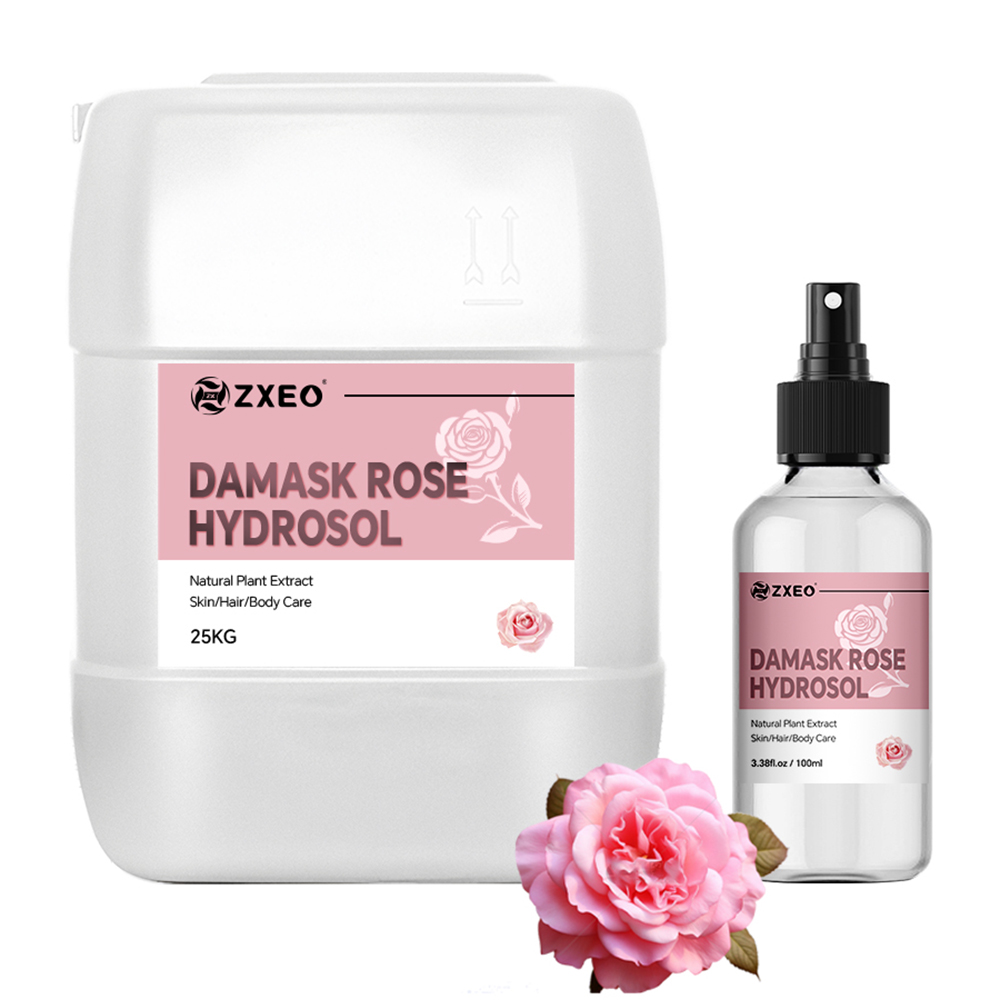
Damascus Rose Flower Water Toner for the Face
Product Name: Damascus Rose Flower Water
Product Type:Hydrosol
Extraction Method:Distillation
Packing:Plastic spray
Shelf Life :2 years
Bottle Capacity:1kg
Place of origin:China
Supply Type:OEM/ODM
Certification:GMPC, COA, MSDA, ISO9001
Usage:Beauty ,Skin care
-

Plant Hydrosol Orange Blossom Hydrosol Orange Blossom Water Face
Product Name: Orange Blossom Hydrosol
Product Type:Hydrosol
Extraction Method:Distillation
Packing:Plastic spray
Shelf Life :2 years
Bottle Capacity:1kg
Place of origin:China
Supply Type:OEM/ODM
Certification:GMPC, COA, MSDA, ISO9001
Usage:Beauty ,Skin care
-

Lavender Flower Water Plant Extract Liquid
Product Name: Lavender Flower Water
Product Type:Hydrosol
Extraction Method:Distillation
Packing:Plastic spray
Shelf Life :2 years
Bottle Capacity:1kg
Place of origin:China
Supply Type:OEM/ODM
Certification:GMPC, COA, MSDA, ISO9001
Usage:Beauty ,Skin care
-
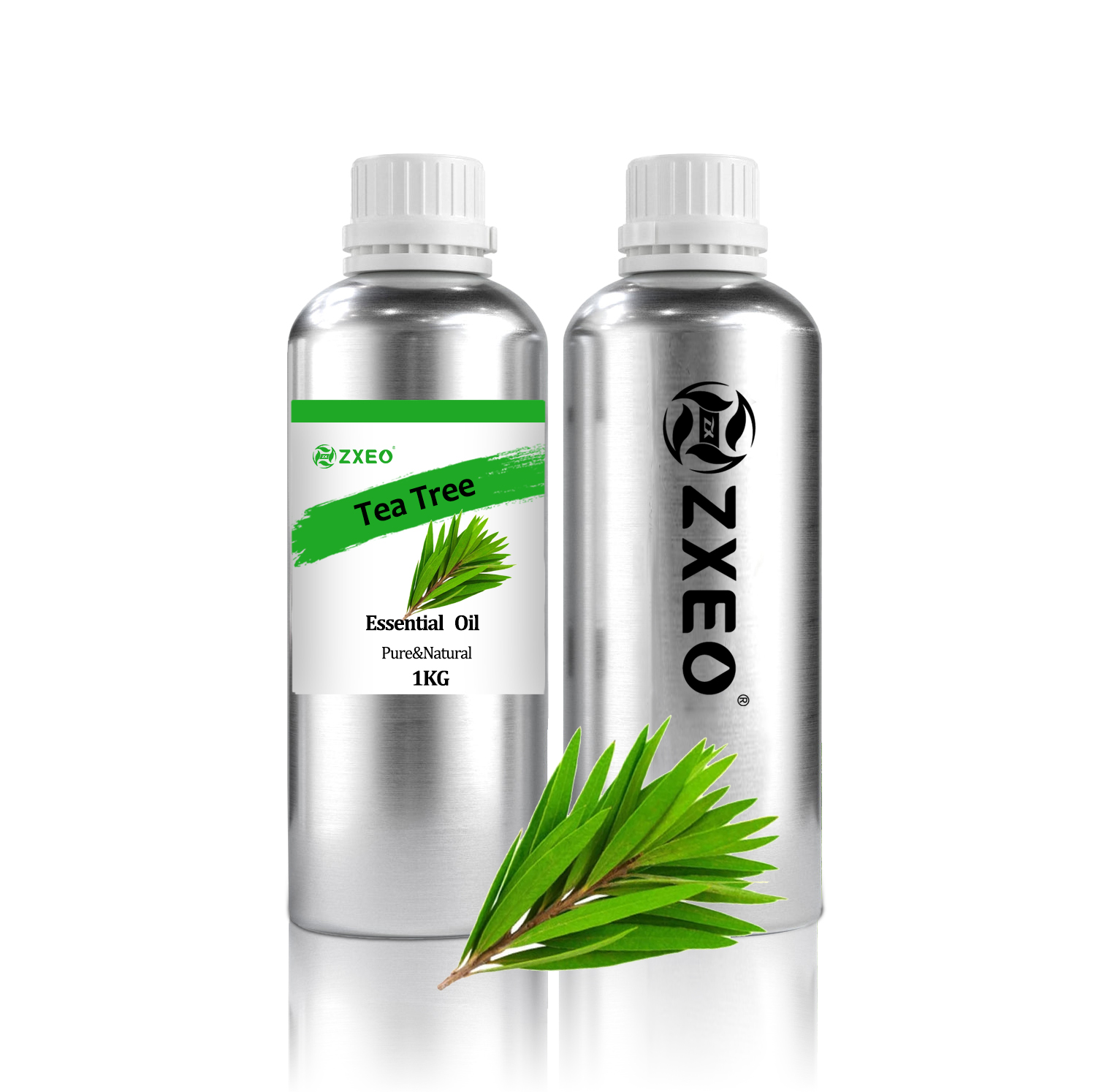
Pure Natural Wholesale Tea Tree Oil Australia Tea Tree Oil Essential for Aroma Diffuser
Product Name: Tea Tree Oil
Product Type:Pure oil
Shelf Life:2 years
Bottle Capacity :1kg
Extraction Method : Cold Pressed
Raw Material :leaves
Place of Origin :China
Supply Type :OEM/ODM
Certification :ISO9001,GMPC,COA,MSDS
Application :Aromatherapy Beauty Spa Diffusser -
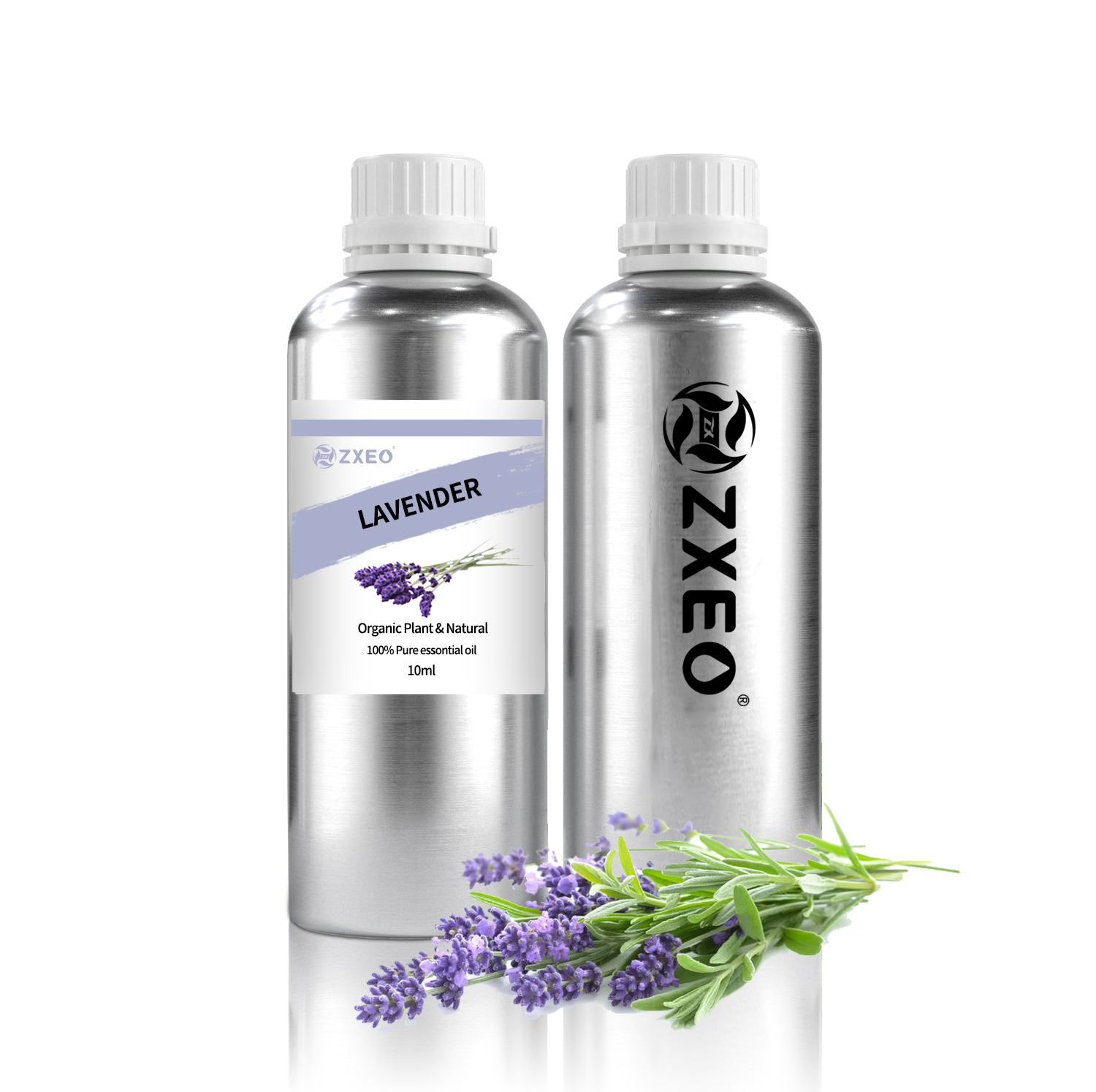
Pure Natural Wholesale Lavender Flower Oil Lavender Oil Essential for Aroma Sleep Hair Care
Product Name: Lavender Oil
Product Type:Pure oil
Shelf Life:2 years
Bottle Capacity :1kg
Extraction Method : Cold Pressed
Raw Material :Seeds
Place of Origin :China
Supply Type :OEM/ODM
Certification :ISO9001,GMPC,COA,MSDS
Application :Aromatherapy Beauty Spa Diffusser -
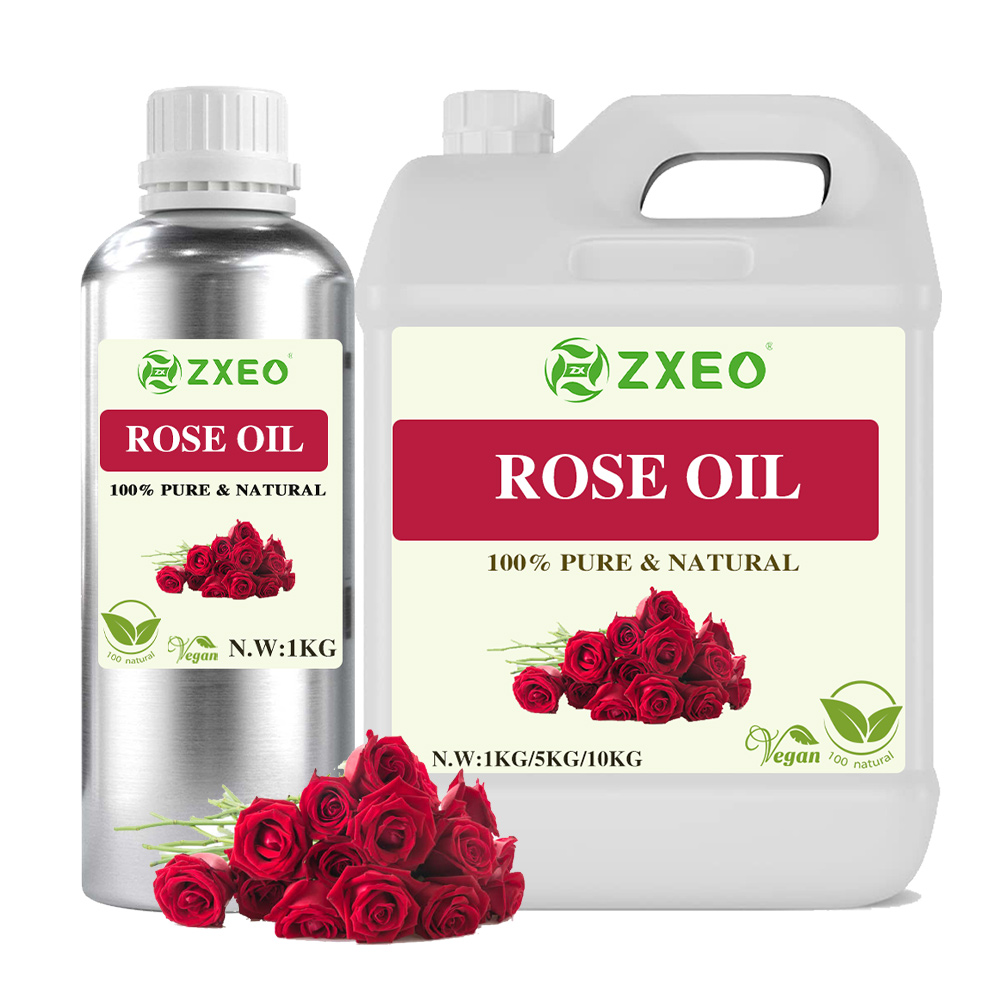
Organic Beauty Flower Extract Rose Essential Oil For Skincare
Product Name : Rose Essential Oil
Product Type:Pure essential oil
Shelf Life:3 years
Bottle Capacity :1kg
Extraction Method :Cold pressed
Raw Material :seed
Place of Origin :China
Supply Type :OEM/ODM
Certification :ISO9001,GMPC,COA,MSDS
Application :Aromatherapy Beauty Spa Diffusser
-

Wholesale Pure Natural Orange Grapefruit Essential Oil Grapefruit Oil for Air Fresh Skin Care Body Massage
Product Name: Grapefruit Oil
Product Type:Pure oil
Shelf Life:2 years
Bottle Capacity :1kg
Extraction Method : Cold Pressed
Raw Material :Seeds
Place of Origin :China
Supply Type :OEM/ODM
Certification :ISO9001,GMPC,COA,MSDS
Application :Aromatherapy Beauty Spa Diffusser -
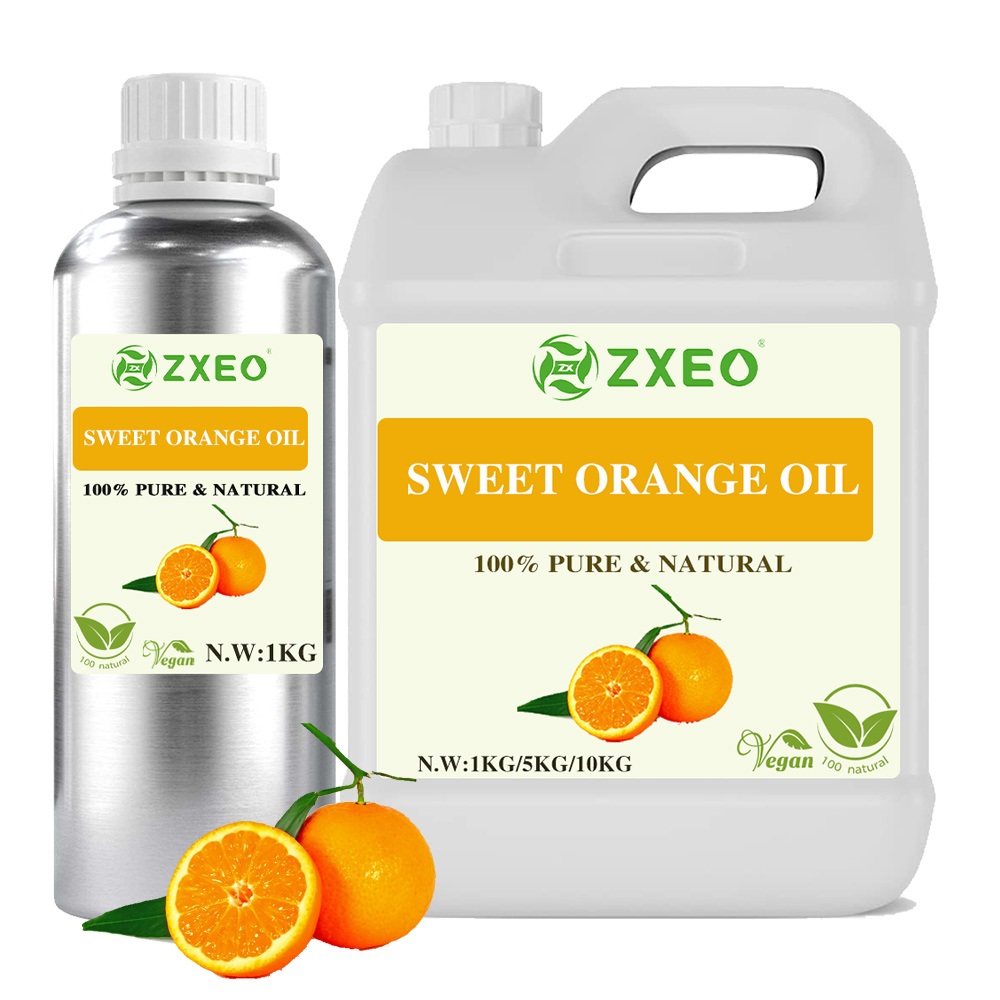
Natural Plant Extract 100% Pure Sweet Orange Oil for Sale Skin Cosmetic
Product Name : Sweet Orange Oil
Product Type:Pure essential oil
Shelf Life:3 years
Bottle Capacity :1kg
Extraction Method :Cold pressed
Raw Material :seed
Place of Origin :China
Supply Type :OEM/ODM
Certification :ISO9001,GMPC,COA,MSDS
Application :Aromatherapy Beauty Spa Diffusser
-
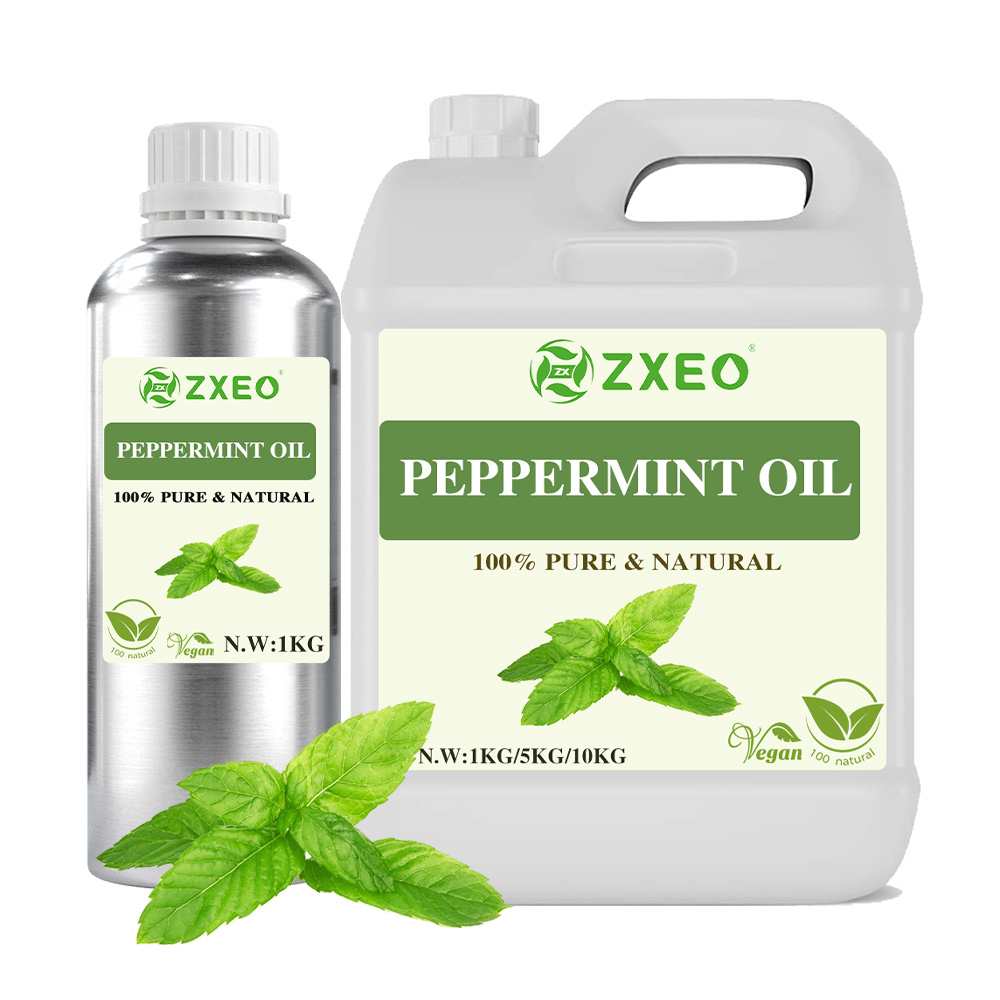
100% Organic Natural Pure Food Grade Peppermint Oil For Aroma
Product Name : Peppermint Oil
Product Type:Pure essential oil
Shelf Life:3 years
Bottle Capacity :1kg
Extraction Method :Cold pressed
Raw Material :seed
Place of Origin :China
Supply Type :OEM/ODM
Certification :ISO9001,GMPC,COA,MSDS
Application :Aromatherapy Beauty Spa Diffusser
-

Cold Pressed Natural Jojoba Oil for Skin Hair Body Massage
Product Name: Jojoba Oil
Product Type:Pure oil
Shelf Life:2 years
Bottle Capacity :1kg
Extraction Method : Cold Pressed
Raw Material :Seeds
Place of Origin :China
Supply Type :OEM/ODM
Certification :ISO9001,GMPC,COA,MSDS
Application :Aromatherapy Beauty Spa Diffusser -

China Supply Bulk Packing Organic Cold Pressed Grapeseed Oil
Product Name: Grapeseed Oil
Product Type:Pure oil
Shelf Life:2 years
Bottle Capacity :1kg
Extraction Method : Cold Pressed
Raw Material :Seeds
Place of Origin :China
Supply Type :OEM/ODM
Certification :ISO9001,GMPC,COA,MSDS
Application :Aromatherapy Beauty Spa Diffusser -
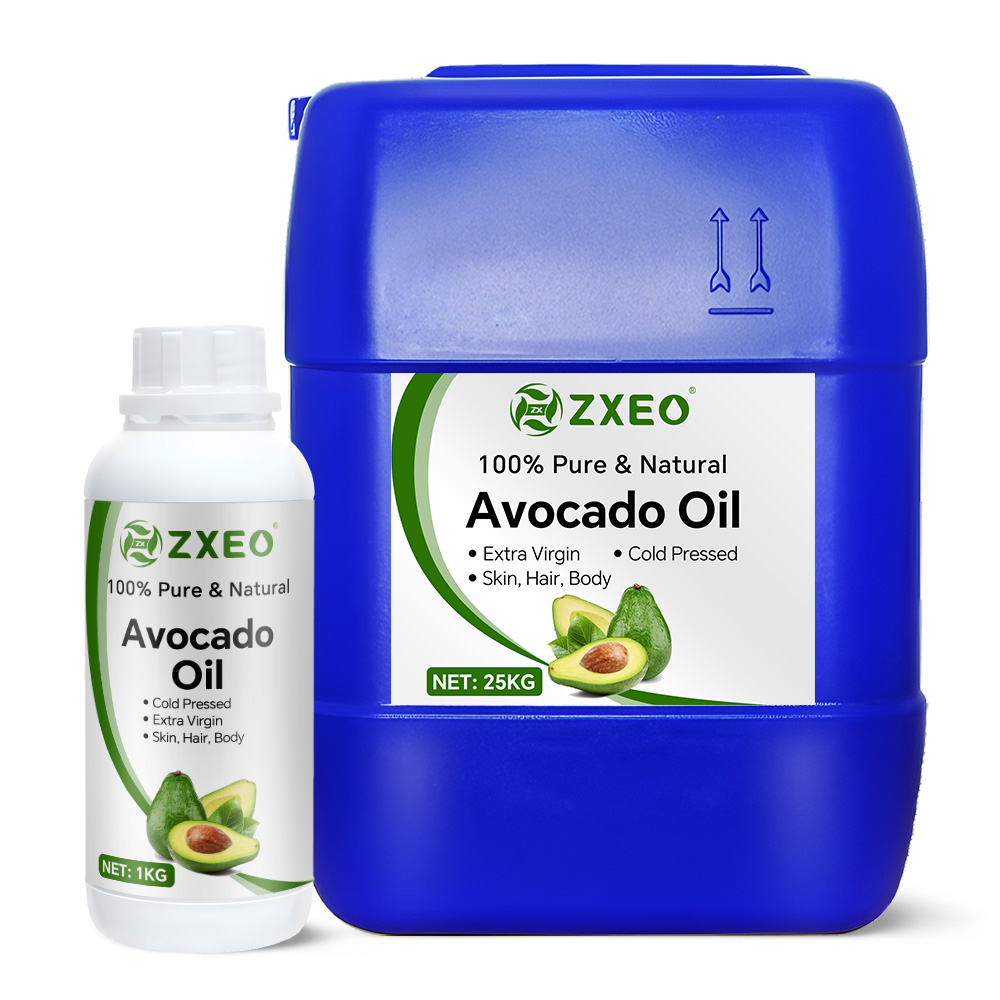
Cold Pressed Avocado Oil Organic for Skin Care Hair Massage
Product Name: Avocado Oil
Product Type:Pure oil
Shelf Life:2 years
Bottle Capacity :1kg
Extraction Method : Cold Pressed
Raw Material :Seeds
Place of Origin :China
Supply Type :OEM/ODM
Certification :ISO9001,GMPC,COA,MSDS
Application :Aromatherapy Beauty Spa Diffusser

